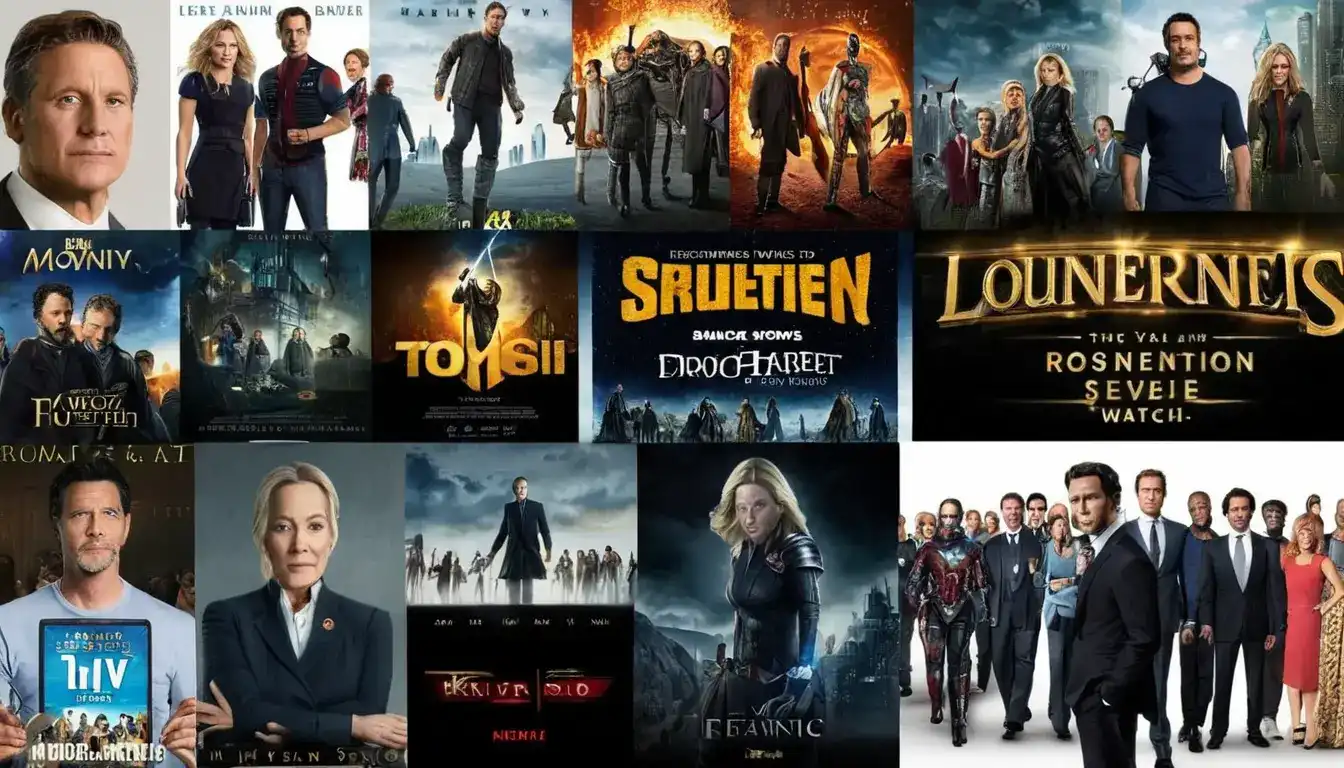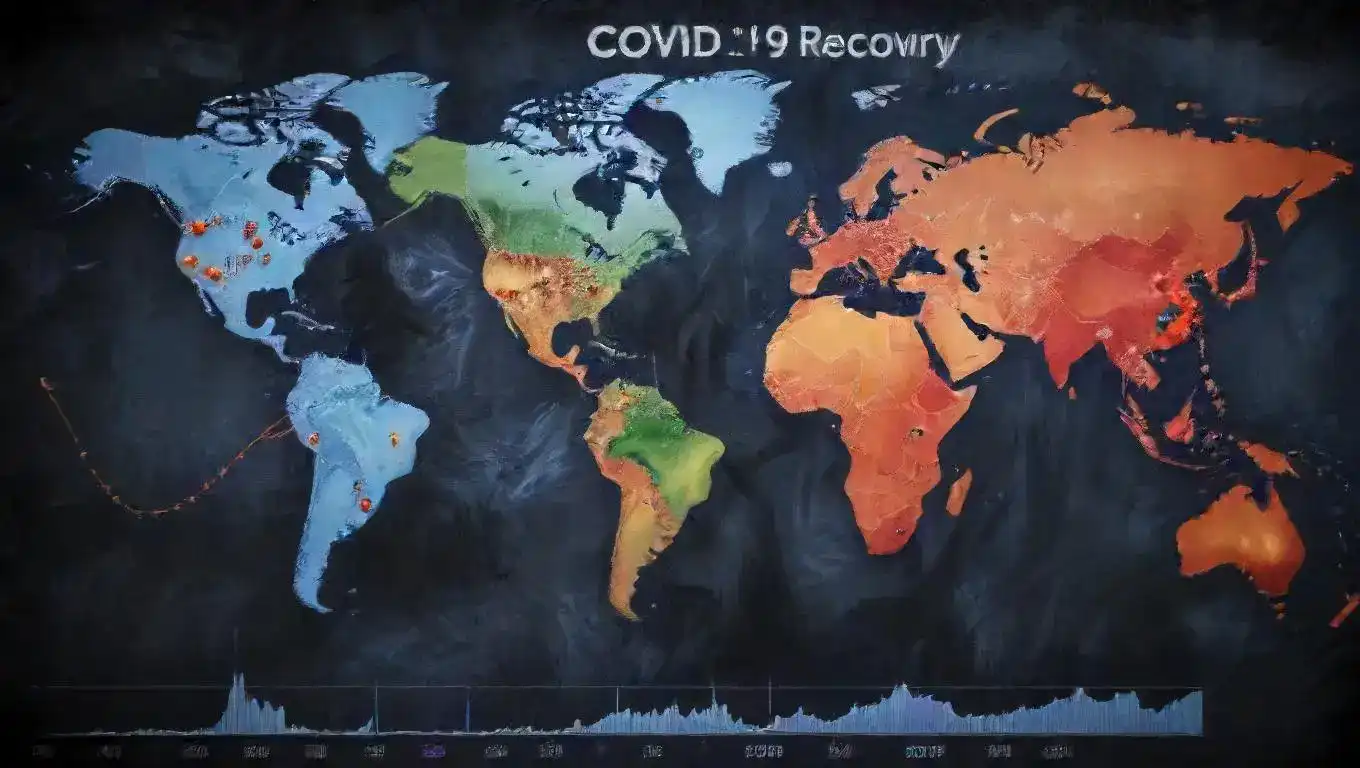Economic Nationalism: Retreat from Global?
Emily Willis

Photo: Economic Nationalism: Retreat from Global?
The world, once seemingly on an irreversible path toward deeper integration, is now witnessing a significant counter-movement: economic nationalism. For decades, the narrative was dominated by globalization – the idea that interconnected economies, free trade, and open borders would lead to universal prosperity. Yet, a palpable shift is underway, prompting a crucial question: Is the world truly retreating from its globalized future?
The Shifting Tides of Global Trade
For much of the late 20th and early 21st centuries, globalization was the reigning economic philosophy. It promised efficiency, lower costs, and increased innovation through the free flow of goods, capital, services, and even people across national borders. Multinational corporations thrived, supply chains stretched across continents, and consumers benefited from a vast array of affordable products. This era saw the rise of international trade agreements, organizations like the World Trade Organization (WTO), and a general consensus that economic interdependence was the path to peace and prosperity.
However, recent years have brought a stark re-evaluation. From trade disputes and tariffs to calls for reshoring manufacturing and bolstering domestic industries, the signs of a global economic recalibration are undeniable. This shift is often encapsulated by the term "economic nationalism," a concept that prioritizes a nation's own economic interests above the principles of global integration. But what exactly does this mean, and what are the forces driving this apparent retreat?
What Exactly is Economic Nationalism?
At its core, economic nationalism is an ideology that emphasizes domestic control of the economy, labor, and capital formation, even if this requires imposing tariffs and other restrictions on the movement of goods, labor, and capital. It stands in direct contrast to the principles of globalization, which advocate for minimal barriers to international trade and investment.
Think of it as a nation putting its own economic house in order first, prioritizing its citizens, industries, and strategic assets. While globalization seeks to optimize global efficiency, economic nationalism aims to optimize national self-sufficiency and resilience. Key characteristics include:
- Protectionism: Implementing policies like tariffs, quotas, and subsidies to shield domestic industries from foreign competition.
- Support for Domestic Industry: Government intervention to foster growth in key sectors, often through tax breaks, grants, or preferential procurement.
- Strategic Autonomy: A desire to control critical supply chains and technologies, reducing reliance on potentially unreliable foreign sources.
- "Buy Local" or "Buy National" Initiatives: Encouraging consumers and businesses to prioritize domestically produced goods and services.
This isn't a new phenomenon; economic nationalism has ebbed and flowed throughout history, often emerging during times of crisis or significant geopolitical shifts. What's different now is the scale and the speed at which it appears to be gaining traction in an otherwise deeply interconnected world.
The Drivers Behind the Rise of Economic Nationalism
The resurgence of economic nationalism isn't a singular event but rather a complex interplay of various factors, each contributing to a growing sentiment that global integration has come at a cost.
Economic Discontent and Inequality
For many in developed nations, the benefits of globalization felt unevenly distributed. While corporations and consumers might have enjoyed lower prices, certain domestic industries, particularly manufacturing, suffered significant job losses as production moved to countries with lower labor costs. This led to a sense of abandonment and economic insecurity among segments of the population, fueling populist movements that promised to "bring jobs back home."
National Security and Supply Chain Vulnerabilities
The COVID-19 pandemic laid bare the fragility of extended global supply chains. Shortages of essential goods, from personal protective equipment (PPE) to semiconductors, highlighted the risks of over-reliance on single foreign suppliers. This experience galvanized calls for reshoring and nearshoring critical production, driven by a desire for national security and resilience in the face of future crises. Nations began to realize that economic efficiency, while desirable, could not always trump strategic independence.
Geopolitical Rivalries and Strategic Competition
The intensifying geopolitical competition, particularly between the United States and China, has significantly accelerated the trend towards economic nationalism. Both powers are increasingly using economic tools – tariffs, investment restrictions, technology bans – as instruments of national power and to protect their strategic interests. This competition is not just about trade balances; it's about technological dominance, military capabilities, and global influence.
Political Populism and Anti-Globalization Sentiment
Across various democracies, populist leaders have successfully tapped into public frustration with globalization. By blaming global trade for domestic economic woes, they have championed protectionist policies as a means to
Latest ✨
View AllIn today's digital age, it is important to establish a strong personal brand in order to stand out in a competitive landscape. This can be done by following practical steps such as defining your brand identity, identifying your target audience, creating a compelling online presence, crafting quality content, engaging with your audience, leveraging social media effectively, networking and collaborating, monitoring and adapting, showcasing your authenticity, and seeking professional guidance if needed. Building a personal brand requires dedication, authenticity, and strategic planning, but it can lead to a memorable and influential brand that resonates with others in the digital world.
Emily Willis
The COVID-19 pandemic has had a significant impact on the global economy, leading to market turmoil, disrupted supply chains, and widespread business closures. As countries slowly recover, there are questions about the future of the global economy. While there are signs of recovery, challenges such as rising inflation, uneven global recovery, labor market disruptions, and supply chain bottlenecks remain. To ensure a sustainable recovery, policymakers must continue to support vulnerable sectors, invest in education and reskilling, strengthen healthcare systems, promote supply chain resilience, address inequalities, and prioritize sustainability.
Emily Willis
Discover why economic planning is the strategic roadmap for national development, ensuring efficient resource allocation, prosperity, and a stable future.
Emily Willis
Dive into the legacy of Jamesville-Dewitt sports! Discover their excellence, championship success, and the community pride that fuels Central NY's top program.
Emily Willis
Business
View All
June 9, 2025
Expand Your Business GloballyExpand your business globally with our comprehensive guide! Discover how to tap new markets, boost profits, and achieve international success.
Emily Willis

August 5, 2024
Effective Marketing Strategies to Increase Your Business Saleseffective marketing strategies in today's competitive marketplace. It discusses the significance of understanding the target audience, building a strong brand identity, and implementing various marketing tactics to increase sales. Specific strategies such as video marketing, influencer marketing, optimizing customer experience, embracing omnichannel marketing, tracking performance, staying updated on trends, and continuous improvement are highlighted.
Emily Willis

June 8, 2025
MVP Development for StartupsUnlock startup success with MVP development. Learn how a Minimum Viable Product mitigates risk, saves costs, and validates your ideas efficiently.
Emily Willis
Economy
View AllInvolved in an Uber accident? Learn why hiring an Uber accident lawyer is crucial, what your legal options are, and how to choose the right attorney for your case
Read MoreExplore the vital role of financial regulators, the unsung heroes who protect your savings, prevent crises, and ensure a stable, thriving economy.
Read MoreDemystify market equilibrium! Learn how supply and demand meet to dictate prices and quantities, impacting consumers, businesses, and the economy.
Read MoreEntertainment
View All
July 9, 2025
Speaking Rock FunDiscover Speaking Rock El Paso! Enjoy 24/7 live music, thrilling gaming, and diverse dining for an unforgettable experience in the Sun City.
Emily Willis

August 4, 2024
Recommended Movies and TV Series to Watch This Yearlist of recommended movies and TV series to watch this year. The movies include "Dune: Part Two," "Spider-Man: No Way Home," "The French Dispatch," "No Time to Die," and "Encanto." The TV series include "Stranger Things: Season 4," "The Mandalorian: Season 3," "The Witcher: Season 2," "Ted Lasso: Season 3," and "Loki: Season 2." Each entry includes reasons to watch, such as stellar cast, visually stunning cinematography, engaging plot, and character development.
Emily Willis

July 8, 2025
Mythical Entertainment RolesUnpack the timeless appeal of mythical figures & narratives in modern entertainment. Discover their profound impact on film, TV, and games.
Emily Willis
Health
View AllWellSense Health Plan offers accessible, affordable health insurance for individuals & families in MA & NH. Navigate your healthcare with ease.
Emily Willis
Explore Carolina Complete Health (CCH), a NC Medicaid plan offering comprehensive benefits, physician-led care, and whole-person support for your health journey...
Emily Willis
Maintaining good health involves a balanced diet that provides essential nutrients for the body. A balanced diet includes carbohydrates, proteins, fats, vitamins, minerals, fiber, and water. Benefits of a balanced diet include enhanced energy levels, improved mental health, a stronger immune system, better weight management, reduced risk of chronic diseases, and enhanced digestion. Components of a balanced diet include fruits and vegetables, whole grains, protein sources, dairy or dairy alternatives, and healthy fats. Tips for maintaining a balanced diet include planning meals, portion control, staying hydrated, limiting processed foods, eating mindfully, and including physical activity.
Emily Willis
Trending 🔥
View All
1
2
3
4
5
6
7
8
9
10
Lifestyle


Technology
View All
August 5, 2024
Top 10 Steam Games of 2024
Discover the 10 best Steam games of 2024 and embark on an unforgettable adventure. From breathtaking open-world epics to thrilling FPS battles, these must-play games will keep you entertained for hours. Get ready to dive into the exciting world of Steam gaming and discover your next favorite game!

August 5, 2024
Top 5 VR Headsets for PC Gaming in 2024
Discover the top 5 VR headsets for PC gaming in 2024! Immerse yourself in stunning visuals, immersive audio, and intuitive controls with these powerful VR devices. From high-end options to budget-friendly alternatives, we've got you covered on your journey to the ultimate VR experience.

August 5, 2024
Oculus Quest 2 vs HTC Vive Pro – Which Should You Choose?
Oculus Quest 2 vs HTC Vive Pro – which VR headset reigns supreme? Dive into this ultimate showdown to discover the strengths and weaknesses of each, and decide which one is worth your investment. From specs and comfort to content and price, we'll help you make an informed choice.

August 4, 2024
The Metaverse: A Virtual World with Endless Possibilities
metaverse is a rapidly evolving concept that offers a network of interconnected 3D virtual spaces accessed through technologies like VR and AR.



















